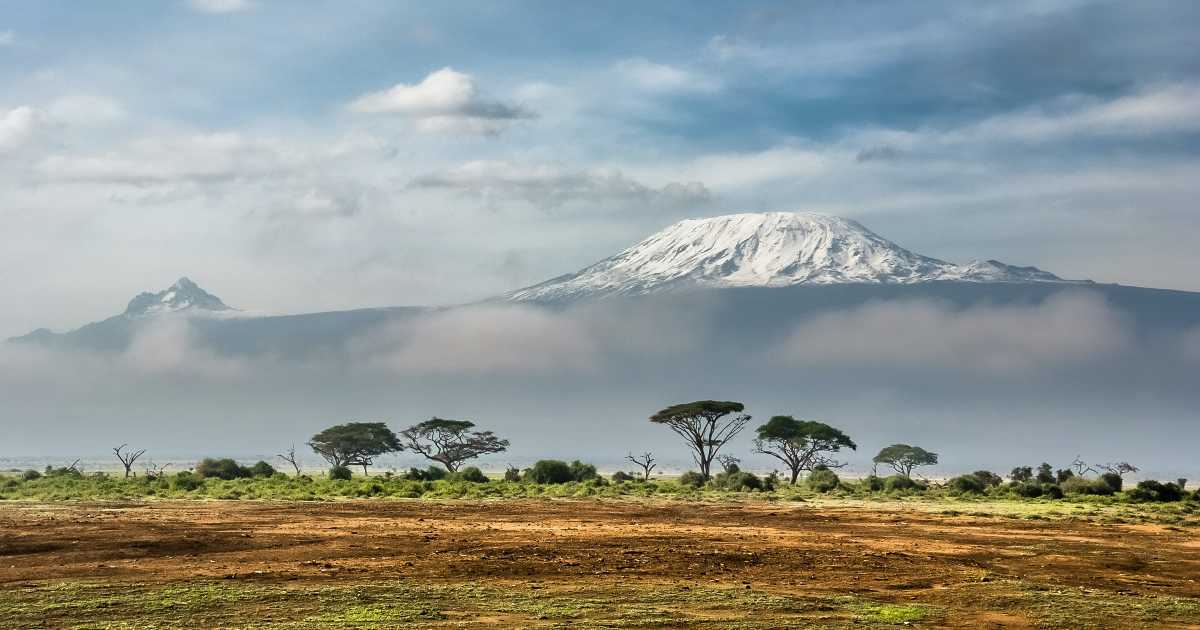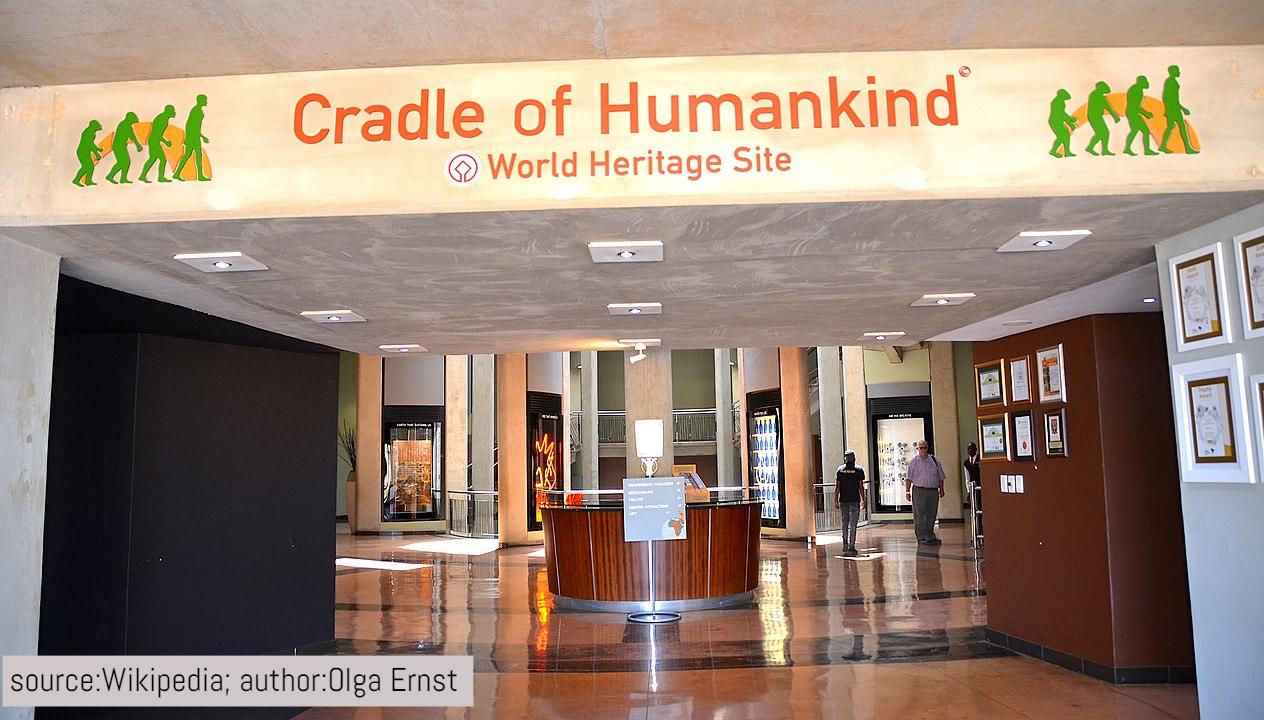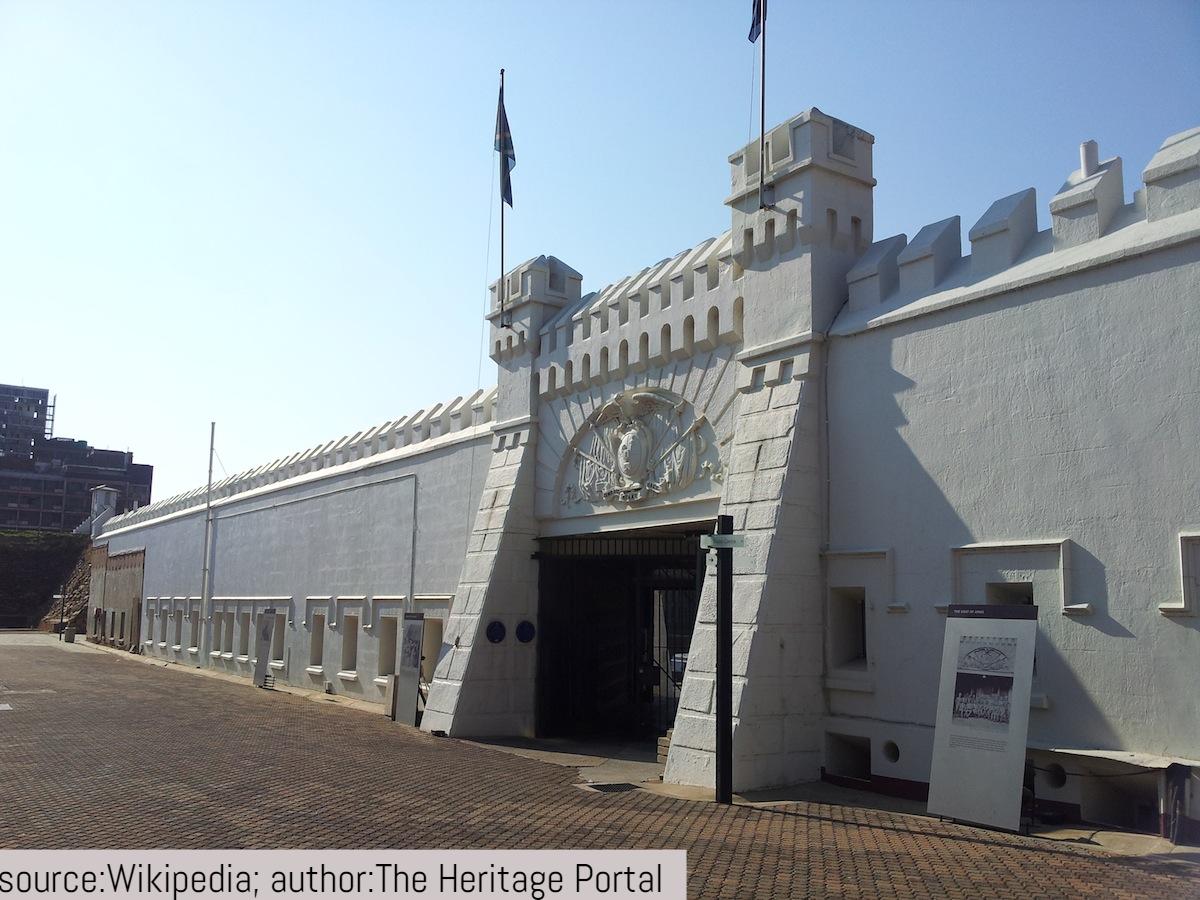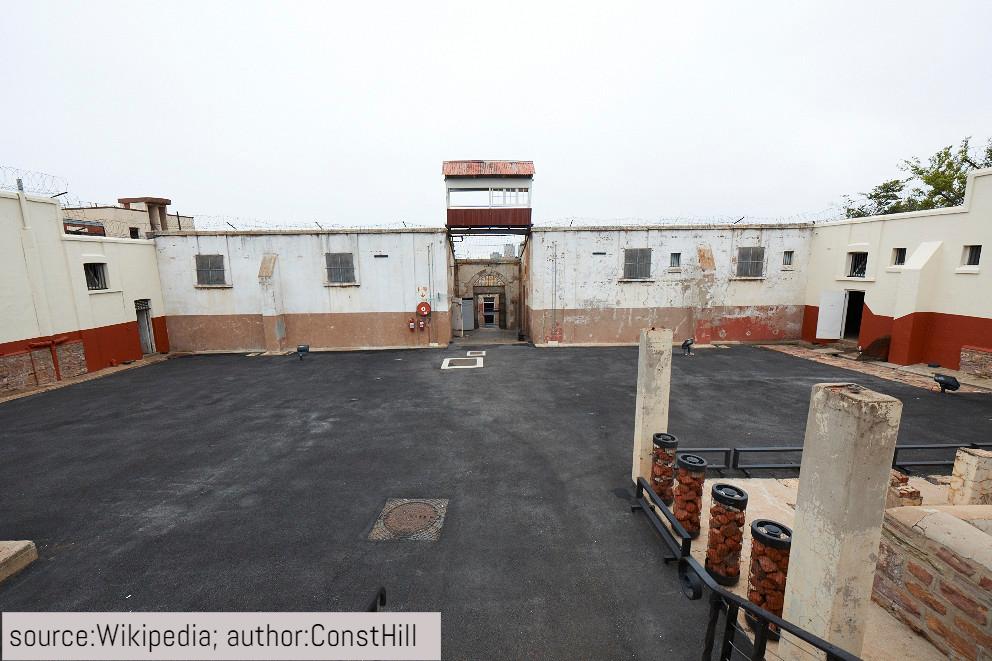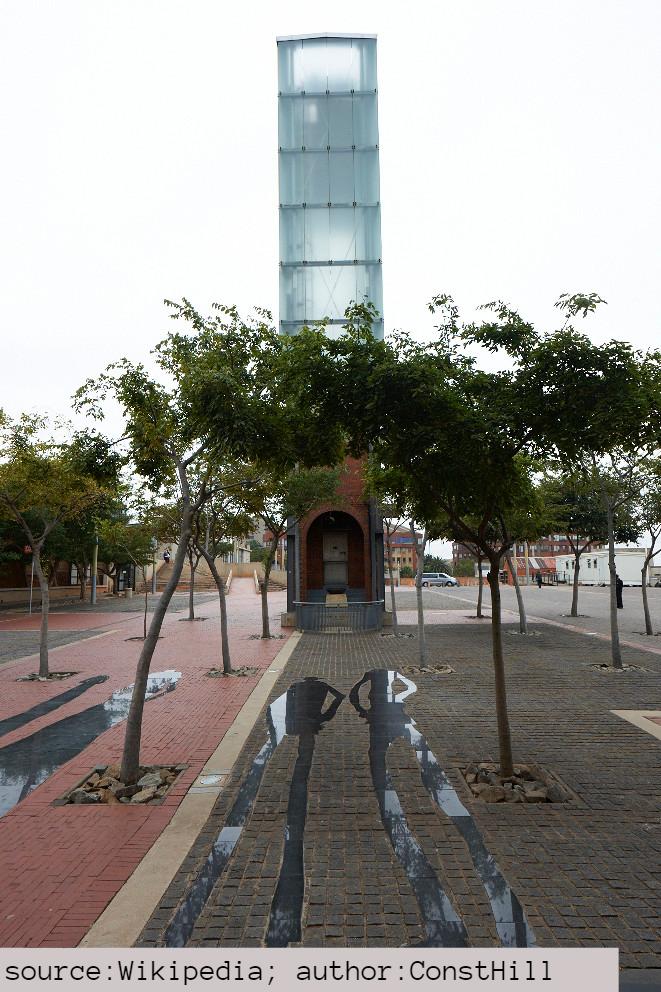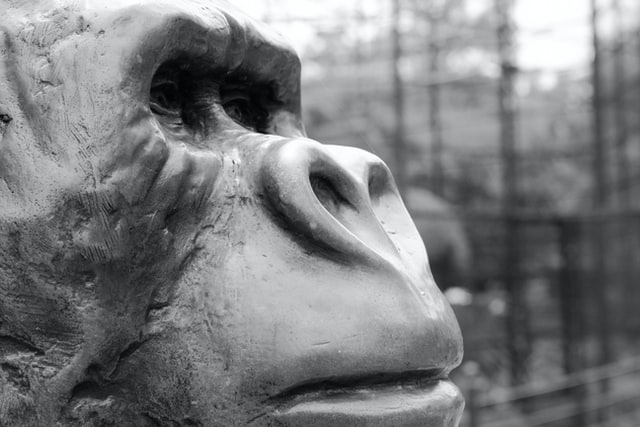Most famous attractions and experiences in Africa
Africa blends ancient history, dramatic landscapes and vibrant modern cultures, offering attractions that range from archaeological wonders to wildlife spectacles and lively urban scenes. Whether you seek iconic monuments, epic safaris or colorful marketplaces, the continent serves up unforgettable experiences.
-
Great Pyramid of Giza
The oldest of the Seven Wonders — a must for history lovers, showcasing ancient engineering and easy day-trip access from Cairo. -
Serengeti & the Great Wildebeest Migration
One of the planet’s greatest wildlife events: millions of animals on the move with dramatic river crossings and predator action, best seen between June and October. -
Victoria Falls
Thunderous waterfall on the Zambezi — offers panoramic views, adrenaline activities (bungee, white-water rafting) and spectacular spray-filled rainbows. -
Table Mountain & Cape Town
Iconic flat-topped mountain above a cosmopolitan city — great for hiking, cable-car views and easy access to beaches and wineries. -
Sahara Desert
The world’s largest hot desert — experience dune landscapes, overnight camps under the stars and cultural encounters with Berber communities. -
Okavango Delta
A unique inland delta in Botswana — superb for mokoro (dugout canoe) safaris, birdwatching and intimate wildlife encounters in wetlands. -
Marrakech Medina and Jemaa el-Fnaa
Vibrant Moroccan market square full of food stalls, performers and souks — an immersive cultural and sensory experience. -
Madagascar’s Unique Wildlife
Home to lemurs, baobabs and endemic species found nowhere else — ideal for nature lovers seeking unusual biodiversity.
Natural attractions and wonders of Africa
Africa’s natural diversity spans deserts, mountains, wetlands and tropical forests, creating spectacular landscapes and unique ecosystems. Below are grouped highlights by type with examples, best seasons and typical activities.
Mountains
-
Mount Kilimanjaro (Tanzania)
Snow-capped peak rising above the plains — best climbed in dry months (Jan–Mar, Jun–Oct); trekking and summit expeditions. -
Atlas Mountains (Morocco)
Rugged ranges with Berber villages — best in spring and autumn; hiking, cultural homestays and winter skiing in higher parts. -
Drakensberg (South Africa)
Dramatic escarpments and trails — ideal in spring and autumn for hiking and rock art viewing.
National Parks & Reserves
-
Serengeti (Tanzania)
Vast savannahs and annual migrations — best June–October; game drives and hot-air balloon safaris. -
Kruger National Park (South Africa)
High density of big mammals — year-round visits with dry season (May–Sep) best for sightings; self-drive and guided safaris. -
Etosha (Namibia)
Salt pan landscapes with waterholes attracting wildlife — best in dry season for concentrated sightings.
Islands
-
Madagascar
Tropical forests and endemic species — best in dry season (Apr–Nov); wildlife tours and beach time. -
Seychelles
Granite islands with white-sand beaches — year-round beaching, snorkeling and luxury eco-resorts. -
Zanzibar (Tanzania)
Spice islands with coral reefs — best in dry months; snorkeling, historical Stone Town walks and spice tours.
Lakes
-
Lake Victoria
Africa’s largest lake — fishing, island visits and cultural tours; best in dry season for easier travel. -
Lake Malawi
Clear freshwater with sandy beaches — ideal Nov–Apr for swimming, snorkeling and family stays.
Deserts
-
Sahara
Vast sand seas and rocky plateaus — cool, clear winter nights are best (Oct–Apr); camel treks and 4x4 excursions. -
Namib & Kalahari
Coastal dunes and red sands with unique wildlife — sunrise/sunset photography, guided dune walks and wildlife tracking.
Waterfalls
-
Victoria Falls
Immense curtain of water with seasonal variations — peak flow around April; viewing, boat trips and helicopter flights. -
Blue Nile Falls (Ethiopia) & Tugela Falls (South Africa)
Scenic cascades set in dramatic landscapes — hiking, photography and local cultural visits are popular.
Cultural and historical attractions
Africa’s cultural tapestry spans millennia — from ancient kingdoms to colonial cities and dynamic contemporary art scenes. Below are major cultural groupings with standout sites and events.
Ancient Civilizations
-
Pyramids of Giza & Saqqara (Egypt)
Pharaonic tombs and necropolises that tell the story of ancient Egyptian religion and power. -
Rock-hewn Churches of Lalibela (Ethiopia)
Medieval monolithic churches carved from rock — important spiritual sites and architectural marvels. -
Meroë Pyramids (Sudan)
Ruins of the ancient Kushite kingdom — distinctive steep-sided pyramids and archaeological interest. -
Great Zimbabwe (Zimbabwe)
Stone ruins that were the heart of a medieval trading empire — archaeological significance and panoramic views.
Colonial Heritage
-
Stone Town (Zanzibar)
Arab, Persian and European influences combine in narrow alleys, carved doors and historical houses. -
Robben Island & Cape Town architecture (South Africa)
Sites of recent history and colonial-era buildings reflecting the city’s layered past. -
Portuguese forts (Mozambique & West Africa)
Seafront forts and trading posts that mark early European maritime presence.
Art & Architecture
-
National Museum of African Art & contemporary galleries
Contemporary art centers in cities like Lagos, Dakar and Johannesburg showcase modern African creativity. -
Islamic architecture of Marrakech & Fez (Morocco)
Elaborate madrasas, mosques and riads displaying intricate tilework and craftsmanship. -
Slave Coast museums (West Africa)
Museums and memorials that trace the history and impact of the transatlantic slave trade.
Religious Heritage
-
St. Catherine’s Monastery (Sinai, Egypt)
Ancient Christian monastery at the foot of Mount Sinai with religious manuscripts and pilgrimage tradition. -
Great Mosque of Djenne (Mali)
Largest mud-brick building in the world and a center of Islamic learning and community life. -
Traditional sacred sites and festivals
Local shrines, masquerades and seasonal rites across West and Central Africa that preserve oral histories and customs.
Seasonal attractions and events
Africa’s climate zones mean seasons vary by region, so timing trips for festivals or natural phenomena can transform the experience. Below are highlights split into Spring & Summer and Autumn & Winter, with examples across the continent.
Spring & Summer
-
Great Wildebeest Migration (East Africa)
Peaks in June–September when herds cross rivers — plan safaris in Serengeti or Maasai Mara for dramatic wildlife scenes. -
Flowering season in Namaqualand (South Africa)
Spring bloom (Aug–Sep) covers semi-desert in colorful flowers — great for photography and scenic drives. -
Cape Town Festival season (South Africa)
Summertime brings music, outdoor markets and cultural events — ideal for combining city life with nearby nature. -
Fes & Marrakech festivals (Morocco)
Spring festivals of music and arts attract international performers and craft markets.
Autumn & Winter
-
Whale watching along South Africa’s coast
Best from June to November when southern right whales visit bays — boat trips and coastal viewpoints are popular. -
Dry season safaris in Southern Africa
May–October is prime for wildlife viewing in Botswana, Zambia and South Africa as animals concentrate at water sources. -
Ramadan and Eid observances (North Africa & Sahel)
Religious seasons bring special markets, iftar gatherings and cultural rituals — respectful visiting enhances the experience. -
Sahara stargazing and cool-season excursions
Winter months offer clear skies and milder daytime temperatures — perfect for overnight desert camps and astronomy.
Family-friendly and educational attractions
Africa has many family-friendly sites that mix fun with learning — ideal for kids and adults alike. Here are practical examples across the continent with notes on their educational value.
-
Interactive science museums (major cities)
Hands-on exhibits in capitals like Johannesburg or Cairo teach about technology, natural history and local science in engaging ways for children. -
Aquariums (Cape Town’s Two Oceans Aquarium, others)
Showcase marine biodiversity, conservation messages and kid-friendly touch pools. -
Botanical gardens (Kirstenbosch, Rabat gardens)
Living plant collections that teach about endemic flora, ecology and conservation through easy walking trails. -
Safari parks with family programs
Many reserves offer child-focused educational safaris, junior ranger programs and safe wildlife viewing suitable for families. -
Cultural centers and living history villages
Interactive demonstrations of traditional crafts, music and food let children learn about local cultures hands-on. -
Historical museums (Egyptian Museum, Slave Trade museums)
Adapted exhibits explain archaeology and human history, often with family guides or audio-visual displays. -
Planetariums and wildlife education centers
Great for teaching astronomy, ecosystems and conservation with shows and guided activities for kids. -
Spice farms and agricultural tours (Zanzibar, Madagascar)
Hands-on tours where children can see where food comes from and learn about local agriculture and sustainable practices.
Tips for exploring and planning visits
Planning a trip across Africa benefits from regional research and realistic timing — distances and seasons vary widely, so prepare for climate, visas and local conditions. Below are practical tips to make sightseeing smoother and safer.
- Check regional seasons: plan safaris for the dry season, beach trips for calm sea months and desert travel for cooler periods.
- Book local guides for cultural sites and wildlife reserves — they improve safety, interpretation and chances to spot key wildlife.
- Reserve tickets and permits early for popular sites (pyramid entry, national park permits, hot-air balloons).
- Verify opening hours and local holidays — many museums and offices have reduced hours on Fridays or public holidays.
- Plan intercity travel carefully: flights save time across long distances; trains and reputable bus services are good budget options where available.
- Prioritize health: check required vaccines, carry insect repellent and a basic first-aid kit, and know where to get medical care.
- Be mindful of safety: use hotel safes, avoid isolated areas after dark, and follow local advice about demonstrations or road conditions.
- Respect local customs and dress codes, especially at religious sites — a little cultural sensitivity goes a long way.
- Photography etiquette: ask permission before photographing people, and avoid restricted areas (military, some religious sites).
- Packing and clothing: layerable clothes for temperature swings, sturdy walking shoes, sun protection and a light waterproof layer.
- Money and documents: carry local currency for markets, notify your bank about travel, keep digital and physical copies of documents.
- Useful apps: offline maps (Maps.me), currency converter (XE), ride services or local transport apps and park/guide booking platforms.

